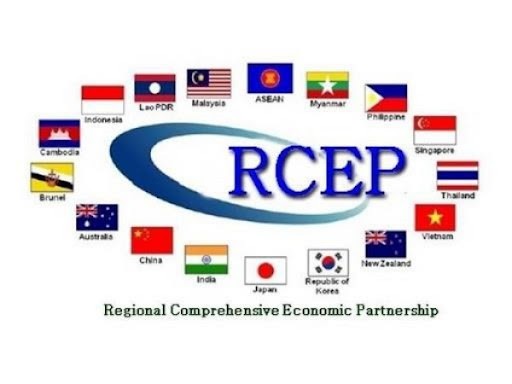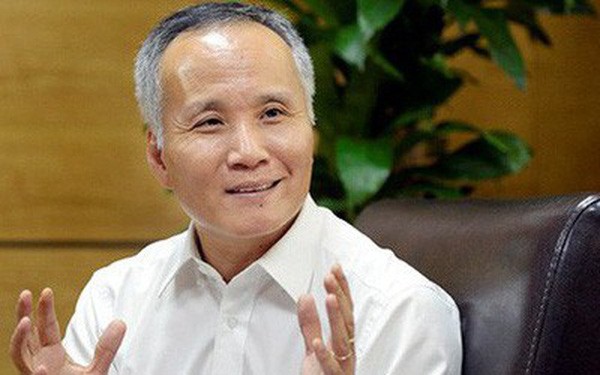(VOVWORLD) - Taking effect on January 1 this year and covering a market of 30% of the world’s population, the Regional Comprehensive Economic Partnership (RCEP) will help Vietnam establish a stable and long-term export market while pursuing its policy of export-oriented production. The Vietnamese government has approved an action plan to implement the trade pact.
 RCEP takes effect on January 01, 2022. (Photo: sukien.vn) RCEP takes effect on January 01, 2022. (Photo: sukien.vn) |
RCEP was signed last November by the 10 ASEAN member countries and 5 partner countries including China, Japan, the Republic of Korea, Australia, and New Zealand. The trade pact took effect on the first day of this year.
RCEP members will now begin to honor their commitments on eliminating tariffs. Vietnam and its partners will remove tariffs on at least 64% of tariff lines.
After 20 years, Vietnam will have removed nearly 90% of tariff lines for partner countries which, in return, will have removed up to 92% of tariff lines for Vietnam.
 Deputy Minister of Industry and Trade Tran Quoc Khanh (Photo: baodautu.vn) Deputy Minister of Industry and Trade Tran Quoc Khanh (Photo: baodautu.vn) |
Deputy Minister of Trade and Industry Tran Quoc Khanh said RCEP will create the world’s largest free trade area, covering one third of the world’s population and about 30% of global GDP of 27 trillion USD.
“As the COVID-19 pandemic continue to impact economies worldwide, ASEAN and its 5 RCEP partners hope the trade pact will boost trade and investment and drive regional economic recovery,” said Khanh.
The government has approved an action plan to implement RCEP and help businesses and the public take advantage from the trade pact.
Luong Hoang Thai, Director of the Multilateral Trade Policy Department of the Ministry of Industry and Trade, said ministries and sectors have begun to outline steps to realize the action plan.
“The top priority of the action plan is to provide all necessary information to sectors directly and substantially affected by the deal. We need to understand the agreement’s provisions, revise our legal documents and policies to help our businesses compete in the new context, and promulgate measures to help businesses gain sufficient information from the trading process to participate effectively in cooperation mechanisms under the deal,” according to Thai.
Thanks to RCEP’s rules of origin, Vietnamese exports will enjoy preferential tariffs because the raw materials are supplied mainly by RCEP countries.
What makes RCEP different from other free trade agreements is that it integrates pre-existing bilateral agreements between ASEAN and five of its major trade partners with regard to rules of origin.
Vietnamese seafood will become more competitive to penetrate into RCEP markets, as most RCEP countries (except South Korea) agreed to slash seafood tariffs to zero as soon as the agreement took effect. South Korea will do so for most Vietnamese seafood products after 10 to 15 years.
Thai explained, “Under the RCEP agreement, official committees were set up to protect legitimate rights under the regulations when members face any problems. To do that, the committees will need to get information from the business community, and ministries and sectors should work together to provide convincing arguments. This has been included in the action plan. We hope ministries and agencies that have set orientations will use them to help our businesses benefit maximally from the deal.”